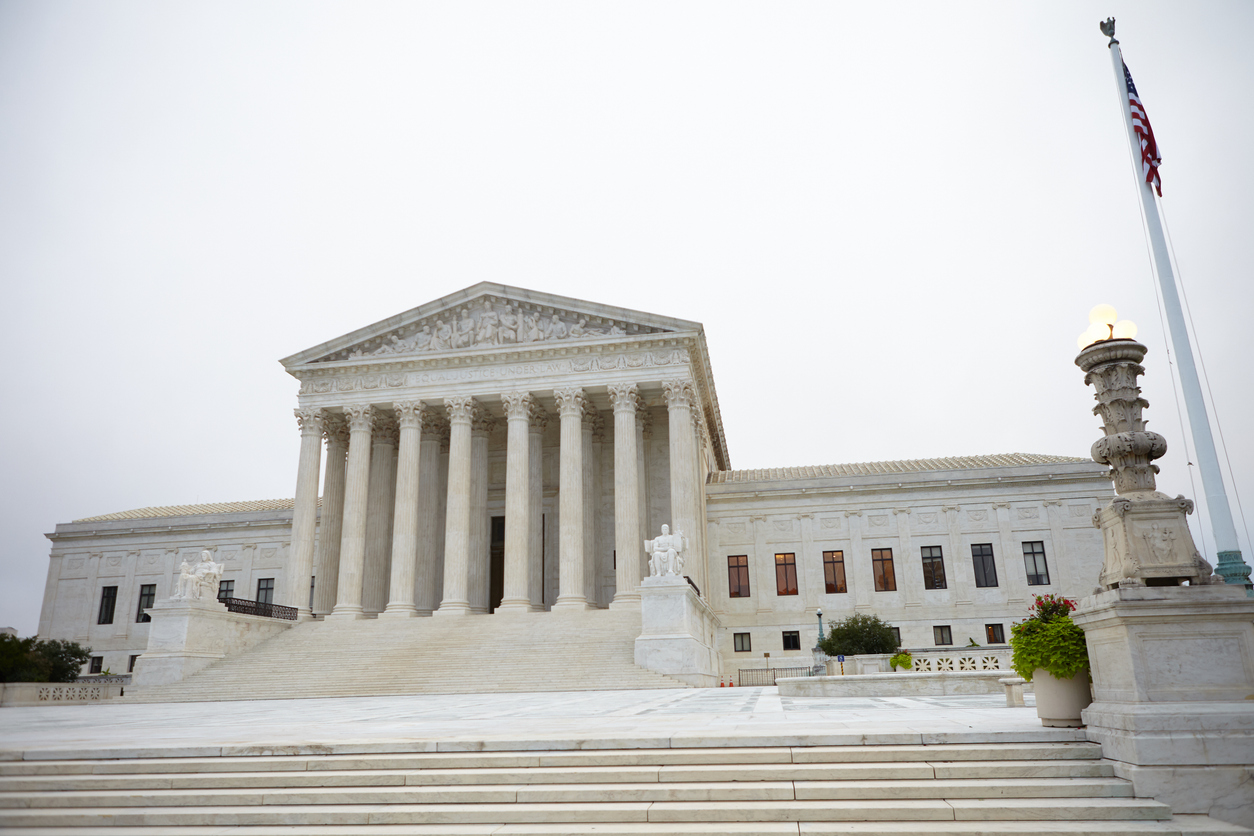- June 20, 2024
- 2 minutes read
Supreme Court Upholds Tax on Foreign Income Despite Business Opposition

The Supreme Court has upheld a tax on foreign income, rejecting a challenge supported by business and anti-regulatory groups. By a 7-2 vote, the justices maintained a provision of a 2017 tax law that is expected to generate $340 billion. This tax mainly targets the foreign subsidiaries of U.S. corporations that have kept money overseas to avoid U.S. taxes.
The 2017 law, enacted by a Republican Congress and signed by then-President Donald Trump, includes a provision for companies owned by Americans but operating abroad. This provision imposes a one-time tax on profits that have not been distributed to shareholders, aiming to counterbalance other tax benefits.
Significantly, the ruling did not address broader tax issues. The case attracted considerable attention because some argued that the challenged provision resembled a wealth tax, which would tax assets like stock holdings rather than just income.
Justice Brett Kavanaugh, writing for the majority, clarified that the opinion does not authorize Congress to tax both an entity and its shareholders or partners on the same undistributed income realized by the entity.
The ruling concerned Charles and Kathleen Moore of Redmond, Washington. They contested a $15,000 tax bill from Charles Moore’s investment in an Indian company, arguing that it violated the 16th Amendment. Ratified in 1913, the amendment permits the federal government to impose an income tax. Charles Moore stated that he never received any money from the company, KisanKraft Machine Tools Private Ltd.
A decision in favor of the Moores could have jeopardized other tax code provisions and potentially cost the U.S. Treasury trillions of dollars, according to the Biden administration.
The case also brought up ethical issues. Justice Samuel Alito rejected calls from Senate Democrats to recuse himself due to his connections with David Rivkin, the Moores’ lawyer. Additionally, public documents revealed that Charles Moore’s involvement with KisanKraft was more extensive than initially indicated, including serving as a director for five years.
